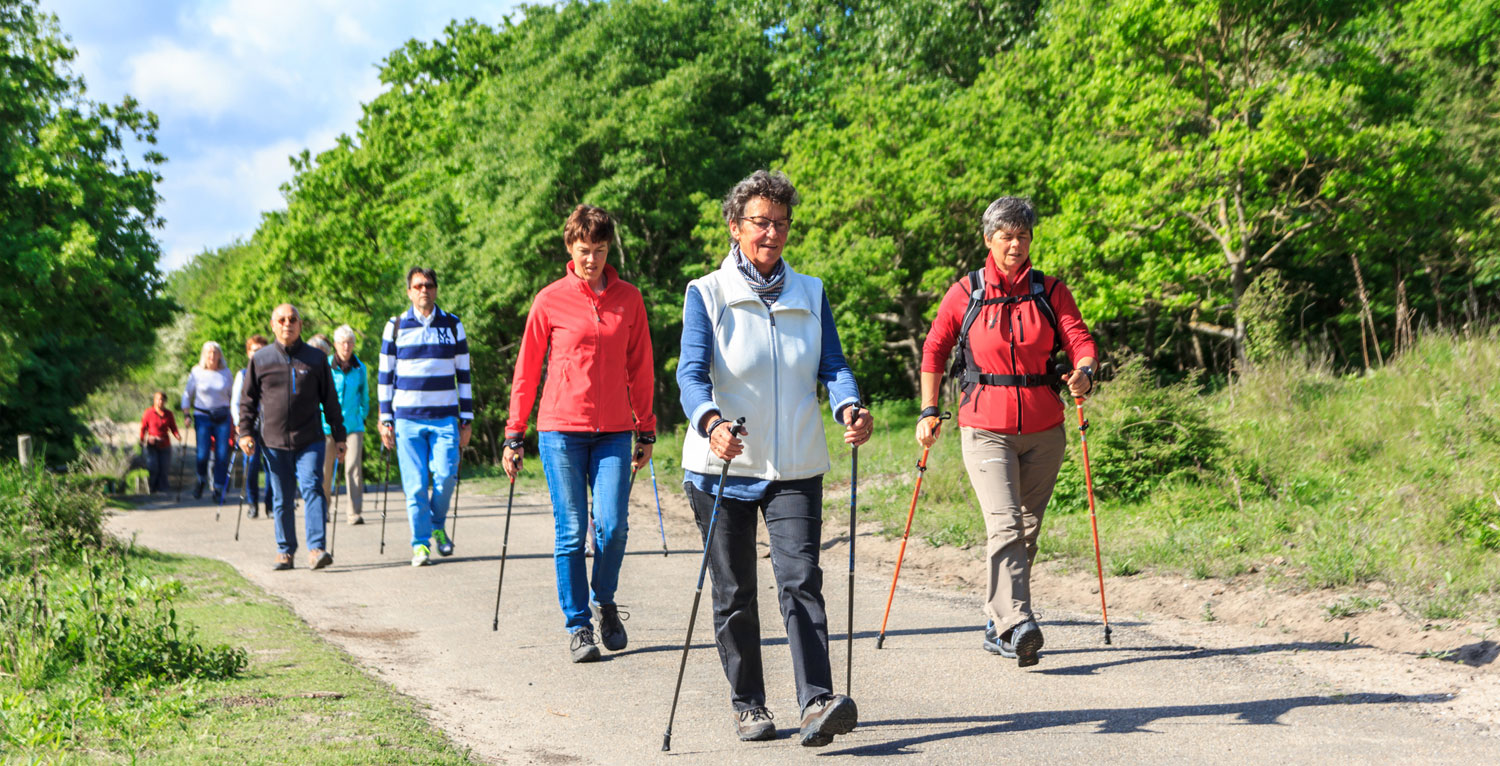While in countries like the United States providing access to affordable, high-quality health care is viewed by many as an incredibly complex challenge, among the 2018 ARC countries it is considered an area of strength and one that they’ve been able to take concrete actions to further improve. Most experts cited health care and wellness as the area in which their country is strongest, with 54 percent of respondents choosing this category. Thirty-eight percent of respondents cited health care and wellness as the category that has seen the greatest improvement over the last three to five years.

With the exception of Lebanon, all countries included in this study have achieved universal health care coverage. However, access to quality care adapted to older adults’ needs is a consistent challenge, often related to the fragmentation of the health care system. While responses are necessarily tailored to the local context given the complexity and diversity in health care system designs, there is an emerging focus on providing integrated care. Australia’s new Health Care Home, launched in 2017, places general practitioners in the central role. General practitioners work directly with a patient to develop a care plan and strategies to manage chronic conditions in daily life; collect information about the patient’s health, the patient’s medications, and all the health professionals who care for the patient; and identify local health care providers who are best able to meet the patient’s needs. ICT solutions are also being deployed as countries seek to ensure integrated medical records to track complex care.
With lifespans extending and the prevalence of dementia growing dramatically, all 2018 ARC countries except Lebanon and Mauritius have national plans to manage dementia. In Chile, the national plan is based on a successful municipal model for integrated, community-supported care, and has been found to produce a decrease in falls, improvements in the behavioral and psychological symptoms of dementia sufferers, and improved perceptions of those with dementia. Interesting practices are also emerging to promote the integration of people with dementia into the community and to create a friendly environment for people with dementia and their family members. These include dementia-friendly supermarkets in the Netherlands; the Green Care program in Norway, which provides outdoor activity on farms for people living with dementia; and Taiwan’s Family of Wisdom project, which provides people with dementia and their family members a venue to entertain, socialize, and offer mutual support.
As with health care systems overall, the scale and maturity of long-term care (LTC) systems varies dramatically across countries, with some just starting to build professional LTC facilities and others working to reform existing systems to better accommodate older adults’ needs and to achieve long-term fiscal sustainability. Notably, there is growing focus on community-based care with a person-centered approach. Singapore has a particularly interesting model in its Community for Successful Ageing. The project is run by local NGO the Tsao Foundation in the neighborhood of Whampoa, where more than a third of the residents are age 50 and over. Working with diverse stakeholders and community partners— including businesses, universities, and individuals— the project is seeking to build a community that serves the full continuum of needs along a person’s life course, ranging from preventive health care to end-of-life care, all integrated with community engagement.